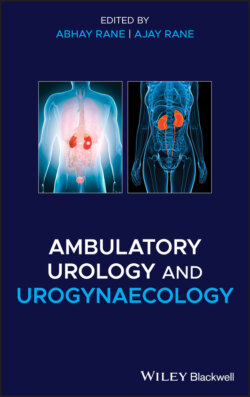Читать книгу Ambulatory Urology and Urogynaecology - Группа авторов - Страница 21
Late Recovery: Care After Discharge
ОглавлениеPatients are discharged from ambulatory surgery once their baseline physiological states have returned. Although major complications and morbidity are rare (Warner 1993), residual symptoms and side effects are not uncommon. Patients need to be followed up in the community. This can happen through telephone consultations (Kamming 2004), GP/nursing follow‐up, outpatient clinics or ‘mhealth apps,’ on smartphones (Hwa 2013, Armstrong 2014). A dedicated contact phone number or routine follow‐up call the next day, may help avoid unscheduled emergency or general practitioner visits after discharge. Telephone follow up has reported high satisfaction rates (>90%) with all women preferring it to an office visit (Schimpf 2016). Ambulatory centres should consider this as a routine part of their postprocedure care. Follow‐up should consider pain, nausea, bleeding, oral intake, voiding, bowel function, fever, sore throat, disorientation, and psychological status.
